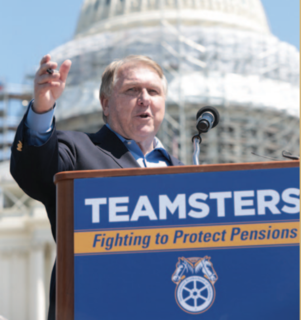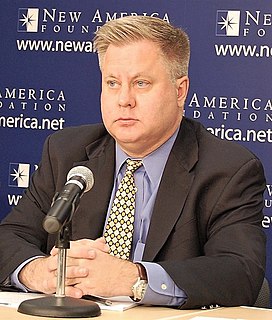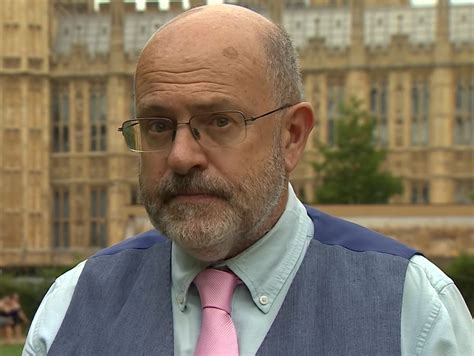A Quote by Jan C. Ting
If cheap immigrant labor is made unavailable, employers can hire Americans at a higher wage, or replace low-wage immigrant workers with technology and automation, which will create a smaller number of skilled jobs for Americans.
Related Quotes
When the press writes scare stories about the global labor supply draining jobs from rich to poor places, the story is usually presented as a "race to the bottom" simply in terms of wages. Capitalism supposedly looks for labor wherever labor is cheapest. This story is half wrong. A kind of cultural selection is also at work, so that jobs leave high-wage countries like the United States and Germany, but migrate to low-wage economies with skilled, sometimes overqualified workers.
I know firsthand that many employers who comply with other labor standards still hire the undocumented. Many businesses pay the minimum wage and have barely tolerable working conditions because there are sufficient undocumented workers willing to accept those terms. If we care about low-income workers in this country, we need to create pressure to improve their economic condition by reducing the supply of unauthorized workers.
Minimum wage laws tragically generate unemployment, especially so among the poorest and least skilled or educated workers... Because a minimum wage, of course, does not guarantee any worker's employment; it only prohibits, by force of law, anyone from being hired at the wage which would pay his employer to hire him.
We should strengthen our immigration laws to prevent the importation of foreign wages and working conditions. We should make it illegal for employers to lay off Americans and then fill their jobs by bringing in workers from overseas. Any U.S. employer who wishes to hire from abroad - even for temporary jobs - should have to recruit U.S. workers first. And we should end the unskilled immigration that competes with young Americans just entering the job market.
Unfortunately, the real minimum wage is always zero, regardless of the laws, and that is the wage that many workers receive in the wake of the creation or escalation of a government-mandated minimum wage, because they lose their jobs or fail to find jobs when they enter the labor force. Making it illegal to pay less than a given amount does not make a worker’s productivity worth that amount—and, if it is not, that worker is unlikely to be employed.
Raising the minimum wage and lowering the barriers to union organization would carry a trade-off - higher unemployment. A better idea is to have the government subsidize low-wage employment. The earned-income tax credit for low-income workers - which has been the object of proposed cuts by both President Clinton and congressional Republicans - has been a positive step in this direction.
Since it is to the advantage of the wage-payer to pay as little as possible, even well-paid labor will have no more than what is regarded in a particular society as the reasonable level of subsistence. The lower ranks of labor will commonly have less, and if public relief were afforded even up to the wage-level of the lowest ranks of labor, that relief would compete in the labor market; check or dry up the supply of wage-labor. It would tend to render the performance of work by the wage-earner redundant.
Hard-working immigrant workers in this country deserve a real path to citizenship as a part of comprehensive immigration reform...We will continue to work with the immigrant rights community and our allies in Congress to devise a truly comprehensive model that places immigrant and workers' rights at the head of the line.

































